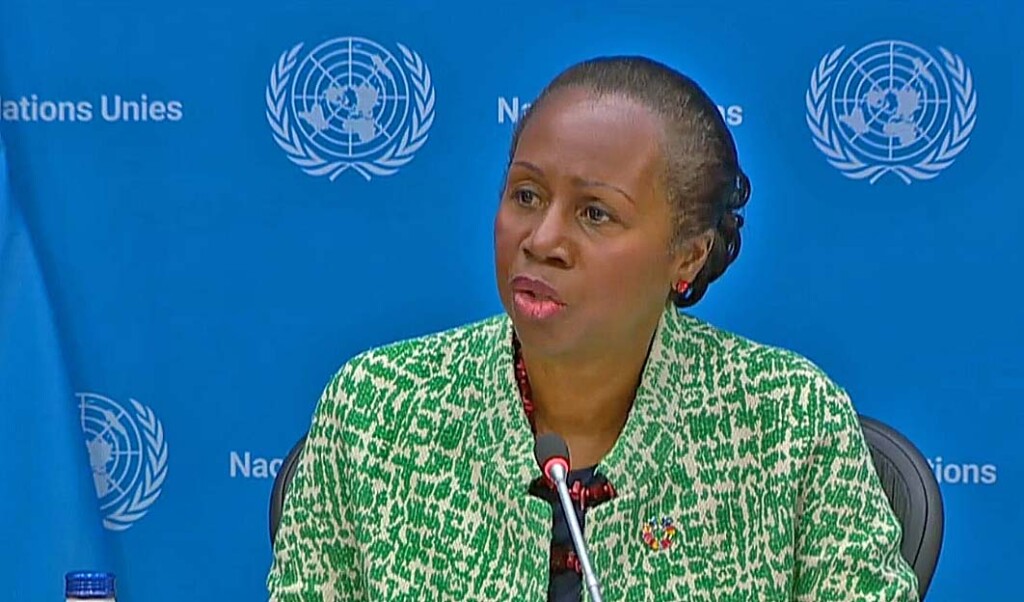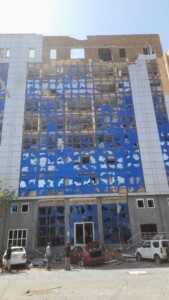UN humanitarian coordinator: ‘Violence is North Darfur capital is heartbreaking and must stop’

Clementine Nkweta-Salami, UN Resident and Humanitarian Coordinator for Sudan (File photo: UN TV)
The UN Resident and Humanitarian Coordinator in Sudan, Clementine Nkweta-Salami, has expressed her profound sadness and frustration over the ongoing armed violence that is wreaking havoc on the city of El Fasher, capital of North Darfur.
“This is heartbreaking and must stop. There is no excuse for direct attacks on civilians, their assets and essential facilities such as hospitals. These are protected under international humanitarian law. Parties to the conflict must refrain from targeting the city,” said Nkweta-Salami.
Initial reports indicate that large-scale fighting escalated in El Fasher on 12 September threatening the lives of thousands of people, mainly in camps for internally displaced people. Healthcare facilities were also reportedly affected. The number of civilian casualties is yet to be established.
The conflict continues, devastating lives, livelihoods and essential infrastructure. El Fasher is home to hundreds of thousands of internally displaced people at risk of famine, including in the Zamzam camp where famine has been confirmed. In addition, Sudan’s public health system has been devastated by the ongoing conflict with many facilities destroyed, looted, or abandoned, leaving more than five million people without access to healthcare services.
“These reprehensible attacks show the pointlessness of the armed violence in El Fasher. All parties to the conflict must uphold their obligations to the international humanitarian law and ensure civilians are protected from harm. These attacks in El Fasher violate every humanitarian principle,” Nkweta-Salami added.
In previous statements reported by Radio Dabanga, Nkweta-Salami warned that “time is running out” as famine, disease and fighting close in on the population, with no end in sight.
‘Reduced to rubble’
As previously reported by Radio Dabanga, widespread aerial and artillery bombardment across the North Darfur capital of El Fasher has reached an “unprecedented large scale“, so that current levels of high-tempo combat activity are likely to effectively reduce what is left of the city to rubble, according to a new report published on Friday by the Yale School of Public Health’s Humanitarian Research Lab (HRL).
Utilising data fusion methodologies of open source and public and commercially available remote sensing data, Yale HRL say that they produced their report, which also cites Radio Dabanga, “through the cross-corroboration of open source and remote sensing data, including satellite imagery and thermal sensor data.”











 and then
and then